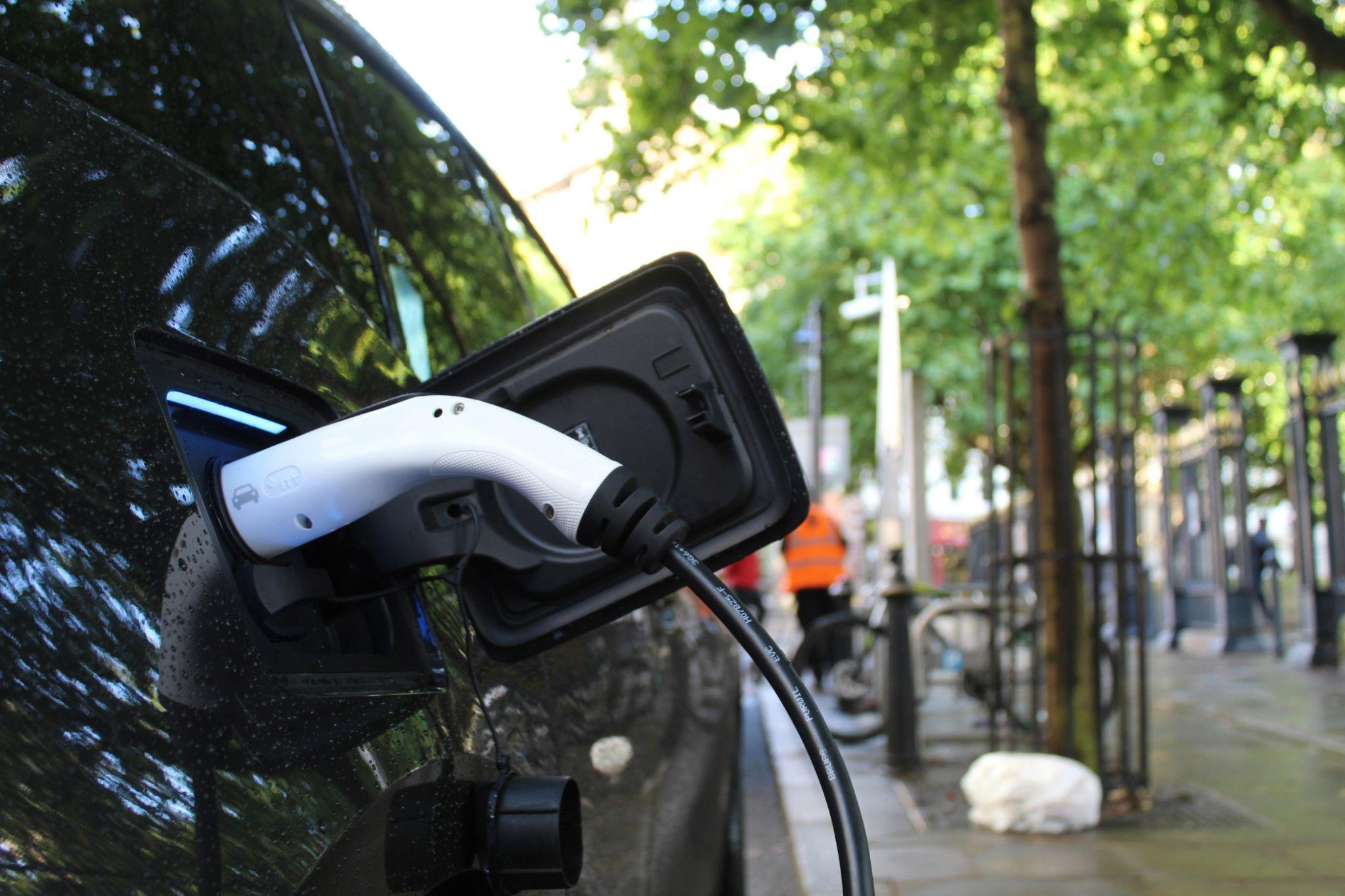
The problem with the hybrid has always been increased complexity.. Yet we now seem to be getting past that. what is provided is security not available for either option by itself.
Better yet, the hybrid protocol really applies to larger vehicles like a SUV. The size give you the luxury of added working weright such as a battery even So a hybrid really comes into its own on a long trip and we have obvioulsy been able to optimise the combination for just tis.
Right now city driving is essentially solved as is fleet driving as well. That is the bulk of the market. The other portion of the market is to push things to extyremes and the hybrid ceertainly addresses that.
Toyoto also shows the rest of the industry where they also need to be. Tesla is forcing change and it turns out that it is not either or.
Toyota’s Hybrids Are Having a Moment
(Photo Credit: Andrew Roberts/Unsplash)
Slow and steady wins the race — and still saves gas.
Elon Musk and Tesla have gone all-in on electric vehicles, but Toyota — which took a more measured approach to its EV rollout — is getting to say, “I told you so,” according to a Wall Street Journal report this past weekend on the two companies’ trajectories.
Hey, People, You Gotta Drive Hybrids Already
Hybrid cars cut carbon emissions, have driving ranges comparable to gas engines, and don’t need to be charged at home. But hybrids have played second fiddle to traditional combustion engine vehicles in the US, and when Tesla and its Model Y drove onto the scene, hybrids were relegated to third chair, with EVs seen as the inevitable future. Inevitably, US hybrid sales took a hit last year, while EV sales rose 65%, according to Kelly Blue Book.
But now, stubborn inflation and high interest rates are squeezing buyers considering a move away from gas guzzlers. Drivers are keen on sub-$50,000 price tags, but the average cost of an EV is about $53,450, according to Cox Automotive. And consider the recent fates of Ford and General Motors, which came into the year looking to take a page out of Tesla’s playbook with their own major EV pushes, only to see demand wane and be forced to retreat to a re-focus on hybrids.
With the US on recession watch for more than a year now, hybrids are leap-frogging EVs, which could be stuck in a rocky future:
• By April, Tesla had already slashed prices on some of its Model Y and Model 3 cars six times this year as it looked to compete with Ford, which was cutting prices on its F-150 Lightning electric truck. Musk seemed content to forego profit — which, as it happens, plummeted 44% in the third quarter — in a bid to boost sales growth.
• Toyota Chairman Akio Toyoda saw the enthusiasm for EVs but had the company spread its investments across hybrids, EVs, and other tech. Toyota said its Q3 profit more than doubled from a year ago, thanks in part to strong global demand for hybrids. Sales of Toyota’s conventional hybrids rose 41% year-over-year, and sales of its plug-in hybrids were up nearly 90%.
That’s a Lot of Car: Most cars are still gas-powered and often very large. By 2022, the share of US cars on the road that were sedans dropped to 21%, while SUVs hit 55% and trucks grew to 20%, the Associated Press reported. And the results haven’t been so Earth-friendly: A report from the Global Fuel Economy Initiative suggested that the negative environmental impacts from cars could’ve been lessened by 30% in the past decade if folks weren’t so obsessed with SUVs. Bigger hasn’t been better for the planet in automotive terms.
No comments:
Post a Comment